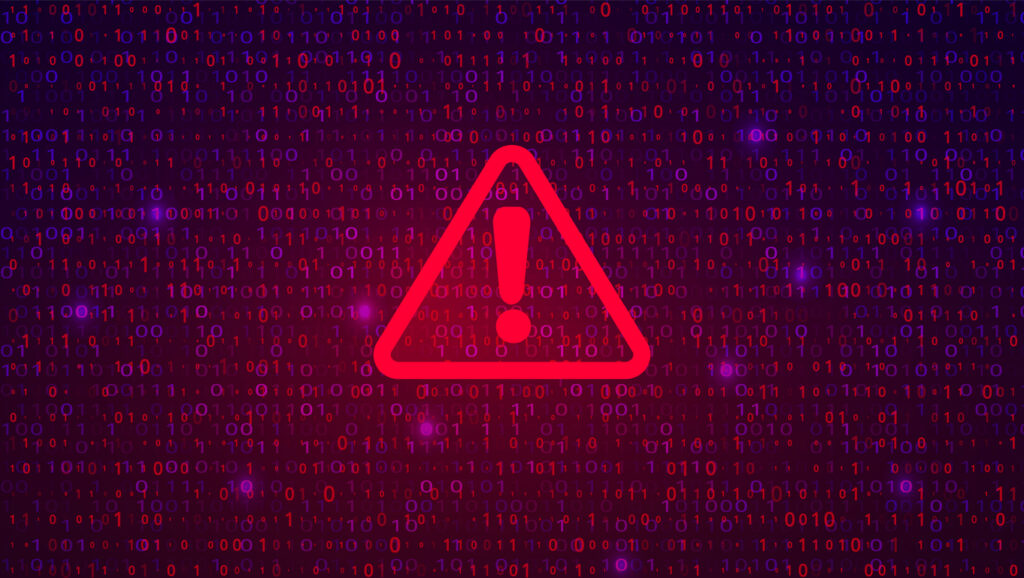
Avoiding scams is the best way to protect yourself, but what if you suspect you have already fallen for one? While it may feel like a dire situation, it’s not the end of the world. Taking fast action is key.
Don’t panic.
To feel confused, frustrated and even embarrassed is understandable. Those feelings are valid. But don’t let them stop you from taking the necessary steps to protect yourself. Many scammers are skilled manipulators who use clever tricks and even technology like artificial intelligence (AI) to create complex stories and build a false sense of trust. Falling for a scam doesn’t make you stupid or gullible.
The hard truth is once a scammer takes your money or personal information, it can be very difficult, if not impossible, to get it back. It’s important to manage your expectations and understand that the steps below are to limit further harm – to yourself as well as other potential victims.
Key steps to take immediately
Learn more
Get a credit freeze to stop identity thieves, from the Federal Trade Commission
Is a credit freeze or fraud alert right for you? from the Federal Trade Commission
Report identity theft and get a recovery plan, IdentityTheft.gov
Annual Credit Report.com
1. Stop all contact with the scammer. The most important thing you can do is cut off all communication immediately. Block their phone number or email address, and do not engage with any further attempts they make to contact you. Remember, scammers often create a false sense of urgency, so don’t give them time to talk you out of your suspicions.
2. Contact your financial institutions. If you sent any money, talk to your bank or other financial institutions as soon as possible. Depending on how the money was sent, the institution’s fraud department may be able to stop or reverse transfers, block accounts and issue you new credit cards. If your payment involved gift cards, reach out to the company that issued the card. Unfortunately, the chances of recovering money, especially from gift cards or cryptocurrencies, are low, but reporting the scam can help authorities take action and prevent others from getting scammed.
3. Change your passwords. Especially if you might have compromised any online financial accounts, update passwords that provide access to those assets. As I explain in a Money Talk Video, rely on passwords that are complex and different for each account. Consider using multiple-factor authentication and a password manager.
4. Report the scam to authorities. Start with your local police or sheriff’s office. They can document the crime and provide you with a police report, which can be helpful for further investigations or for insurance purposes. Also, report the scam to these federal agencies:
- The Federal Trade Commission. https://reportfraud.ftc.gov
- The FBI’s Internet Crime Complaint Center. https://www.ic3.gov
5. Freeze your credit. If you haven’t done so already, consider freezing your credit with the credit reporting agencies. With a freeze, someone who has stolen your identity cannot open a credit account in your name. It is a smart move even if you haven’t been scammed, especially with all the data breaches in recent years. Regularly monitoring your credit accounts is also a good idea. You are entitled to one free report every year from each of the major agencies.
6. Talk to others. Don’t be ashamed to discuss your experience with your friends and family. The more people who are aware of scam tactics, the less likely scammers are to succeed in stealing information and hard-earned money from others. You don’t have to go through this alone. We’re in it together.
Jason Scuglik is information systems administrator at Landaas & Company, LLC.
(Heads Up is an occasional alert on consumer and investment scams.)